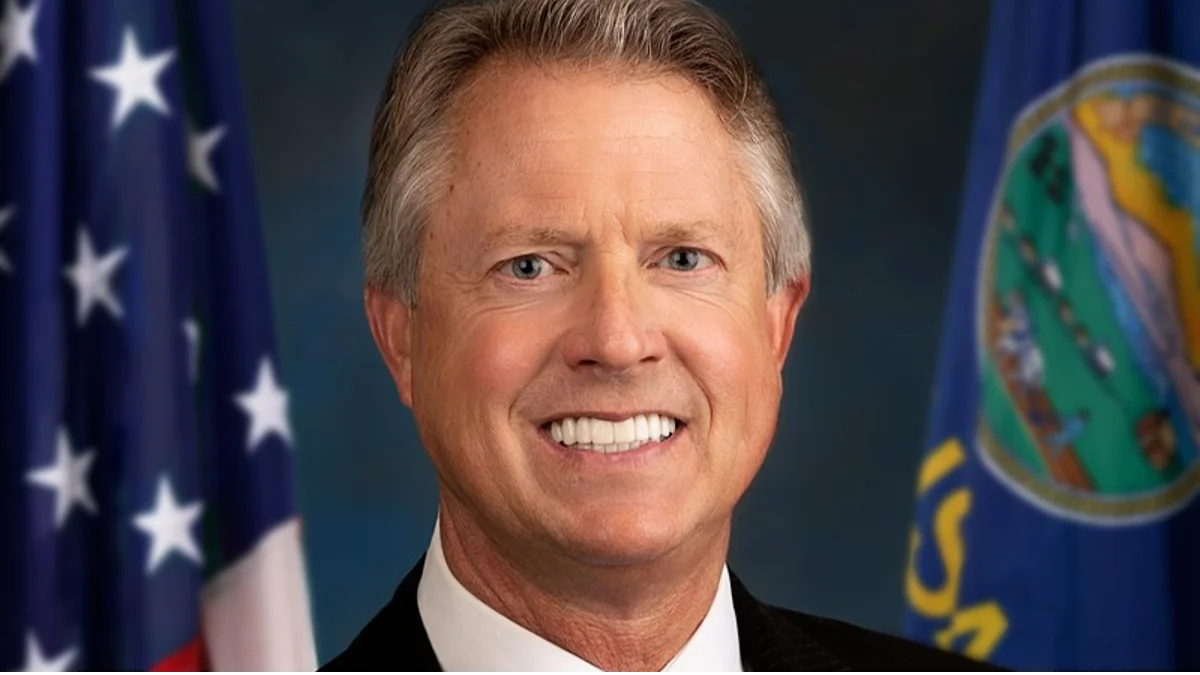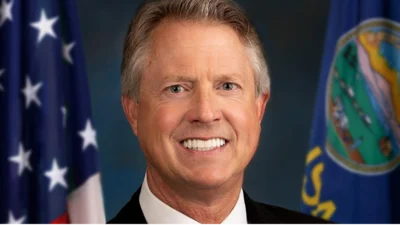Senator Roger Marshall, US Senator for Kansas | Official U.S. House headshot
Senator Roger Marshall, US Senator for Kansas | Official U.S. House headshot
U.S. Senator Roger Marshall of Kansas has called for support of former President Donald Trump’s approach to ending the war in Ukraine, outlining his views in an op-ed published by The Washington Times on August 26, 2025.
Marshall described Russia’s invasion as “a blatant crime of aggression under the Rome Statute of the International Criminal Court,” and labeled Russian President Vladimir Putin as a “war criminal and murderer.” He referenced reports that Russian forces have kidnapped thousands of Ukrainian children and targeted civilian infrastructure, and he pointed to Putin’s record during the Chechen wars as evidence of his brutality.
The senator wrote, “These are undeniable facts. Yet despite this grim reality, my long-standing goals for Ukraine remain clear: to stop the killing and reunite those stolen children with their families.”
Marshall explained that he approaches foreign policy not just as a lawmaker but also from his background as a physician. “I am a pragmatist who understands history, human psychology and the perils of endless stalemate,” he said.
He argued that Trump’s strategy—focusing on direct engagement with Russia, setting deadlines, and making pragmatic compromises—offers what he called “a realistic path forward” for ending the conflict.
Marshall provided historical context about Ukraine and its relationship with Russia, emphasizing Kyiv’s foundational role in Eastern Slavic civilization. He noted how Putin views Ukraine through a different lens: “He views Kyiv and Ukraine as an inseparable part of ‘Greater Russia’ and dismisses Ukraine’s sovereignty as a byproduct of Soviet dissolution and Western meddling.”
Analyzing Putin’s mindset, Marshall wrote: “Mr. Putin embodies a controlled, disciplined strategist who blends Machiavellian tactics with authoritarian protectionism... His KGB roots foster a worldview of manipulation, secrecy and patience.”
On U.S. policy options, Marshall criticized what he sees as weak responses from both the Biden administration and European allies. He highlighted Europe’s continued reliance on Russian energy even after several years of war; according to recent data, European Union countries still import around 13% to 15% of their gas from Russia while oil imports have dropped to about 3%, with plans for full phase-out delayed until at least 2027 (https://www.reuters.com/business/energy/european-union-countries-energy-mix-2024-05-14/).
He suggested that if fighting continues without negotiations, European nations should take more responsibility for defense rather than relying on American military presence. The U.S., which currently has about 100,000 troops stationed in Europe at an annual cost exceeding $50 billion (https://www.defensenews.com/global/europe/2023/06/12/us-troop-presence-in-europe-remains-above-pre-war-levels-pentagon-says/), should avoid deploying additional forces.
Describing Trump’s proposed plan for peace talks—including sanctions threats against Russia if no agreement is reached—Marshall stated: “His plan shifts to sustainable diplomacy by proposing a Putin-Zelenskyy summit, pragmatic territorial swaps with security guarantees for Ukraine and low-level talks aimed at achieving a ceasefire.”
“I support Mr. Trump’s path to peace,” Marshall concluded. “It’s time to stop the killing, return the children and let tough diplomacy and strong actions prevail.”



 Alerts Sign-up
Alerts Sign-up